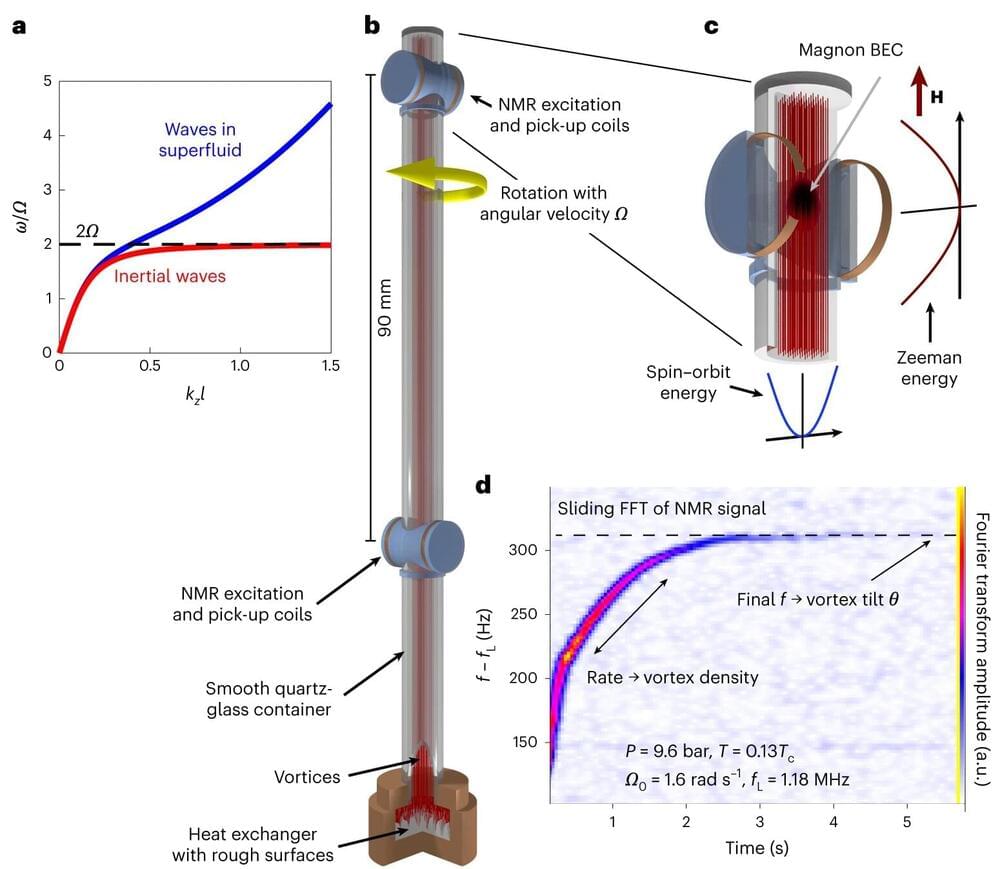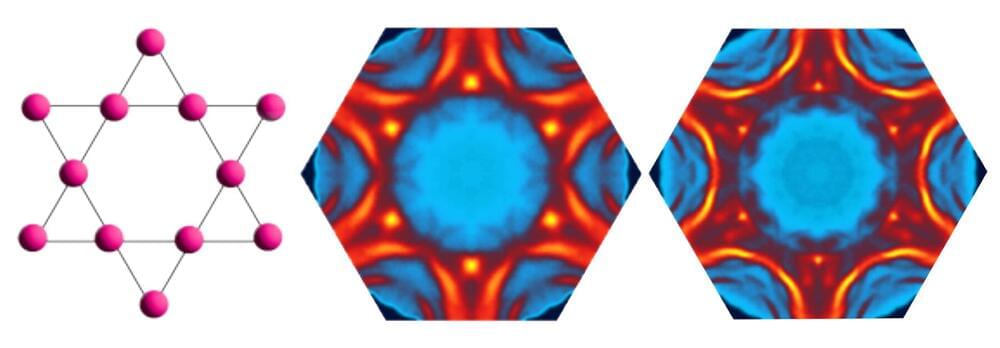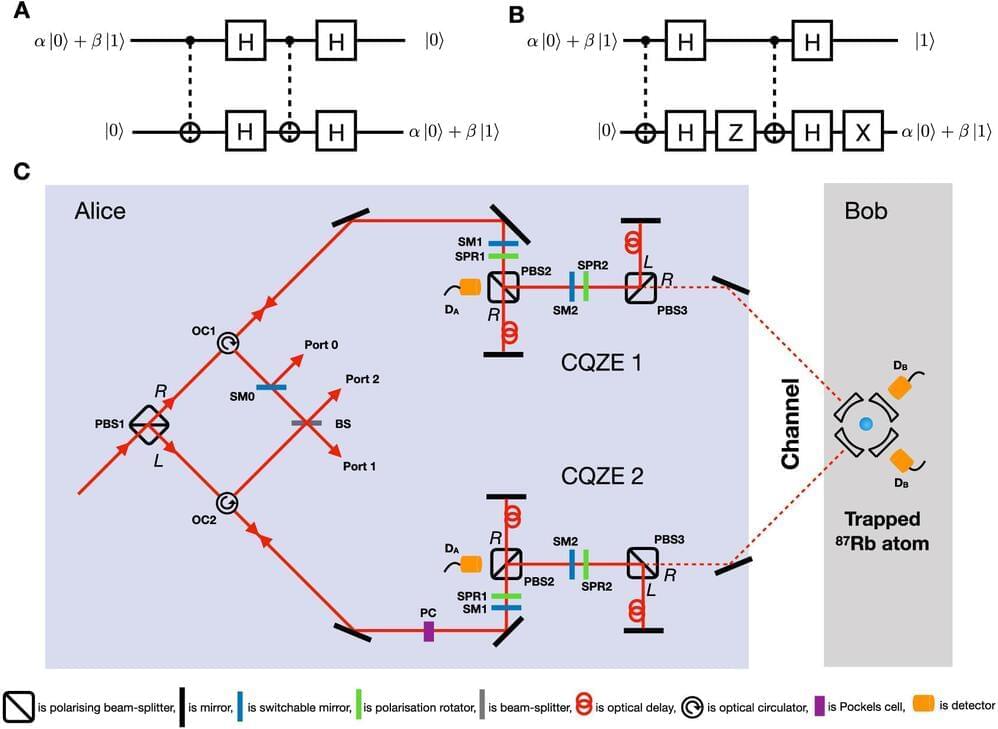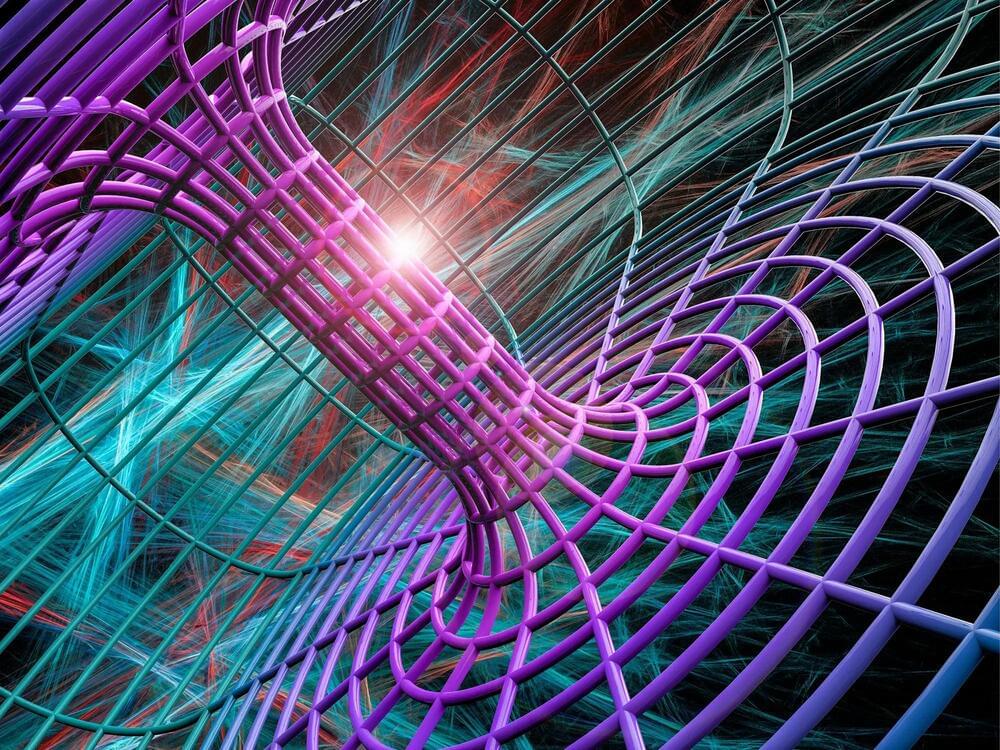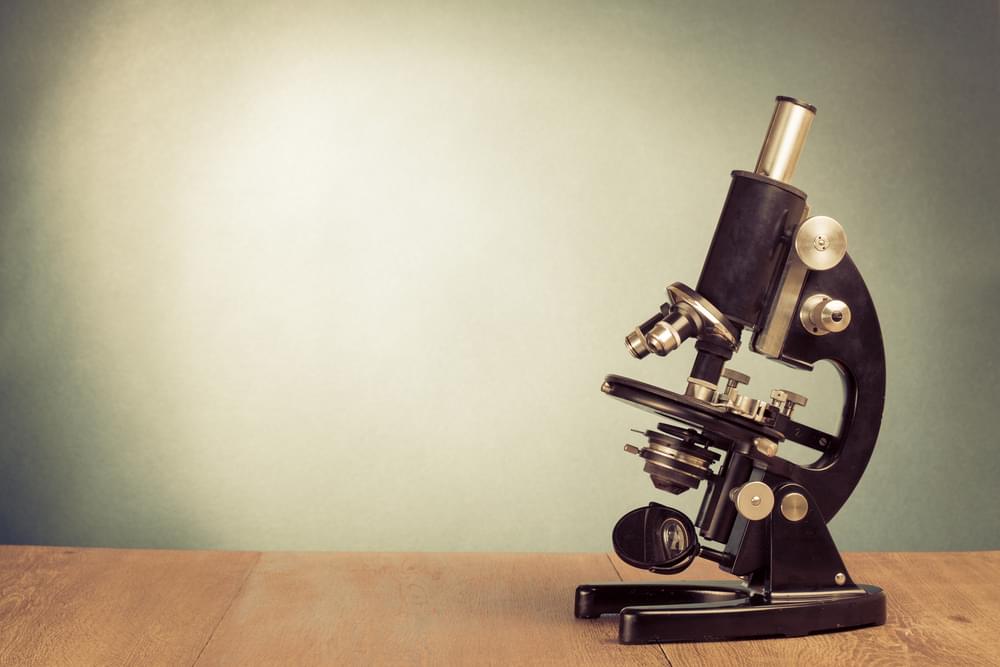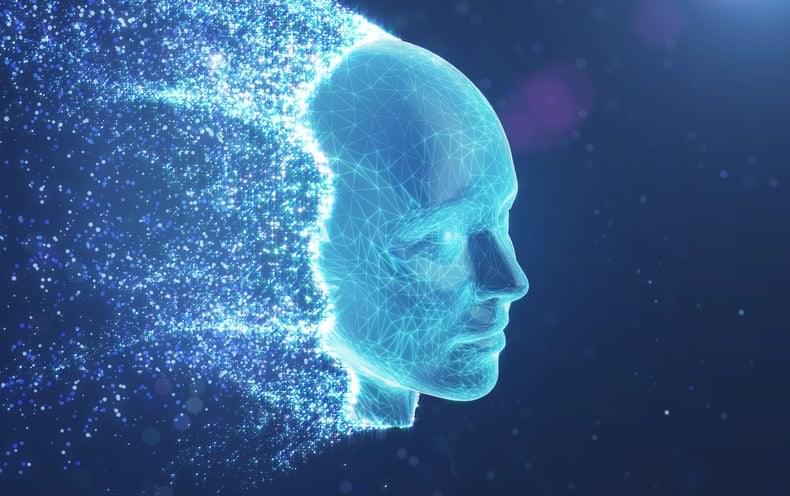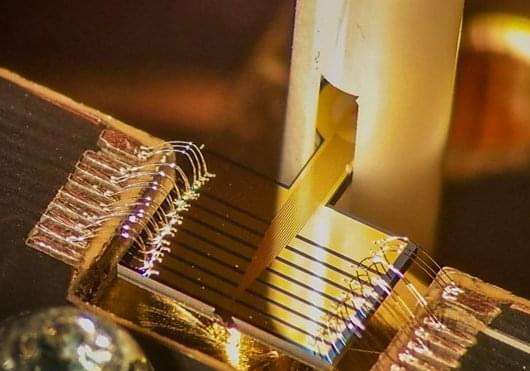Most people only encounter turbulence as an unpleasant feature of air travel, but it’s also a notoriously complex problem for physicists and engineers. The same forces that rattle planes are swirling in a glass of water and even in the whorl of subatomic particles. Because turbulence involves interactions across a range of distances and timescales, the process is too complicated to be solved through calculation or computational modeling—there’s simply too much information involved.
Scientists have attempted to tackle the issue by studying the turbulence that occurs in superfluids, which is formed by tiny identical whirls called quantized vortices. A key question is how turbulence happens on the quantum scale and how is it linked to turbulence at larger scales.
Researchers at Aalto University have brought that goal closer with a new study of quantum wave turbulence. Their findings, published in Nature Physics, demonstrate a new understanding of how wave-like motion transfers energy from macroscopic to microscopic length scales, and their results confirm a theoretical prediction about how the energy is dissipated at small scales.
